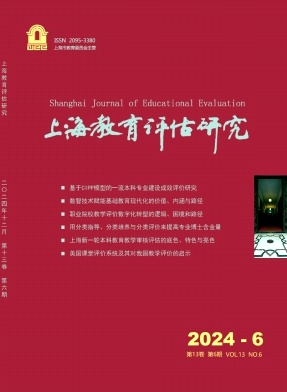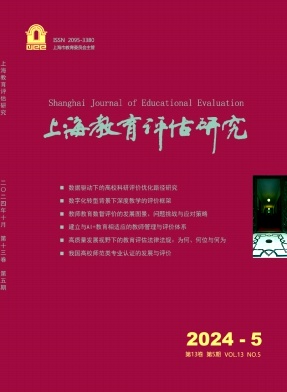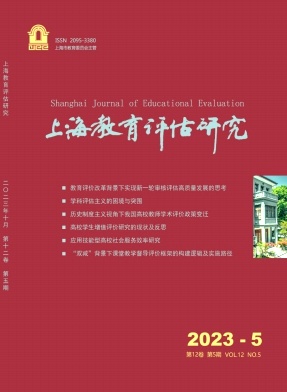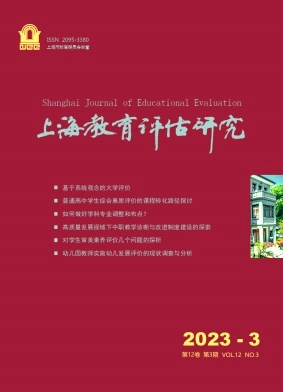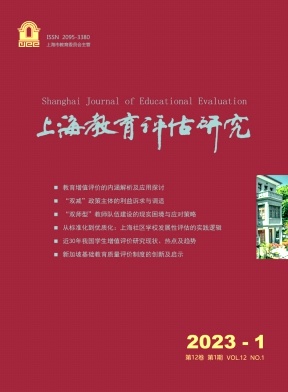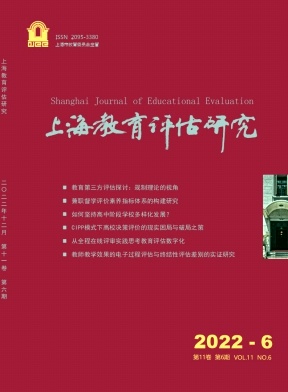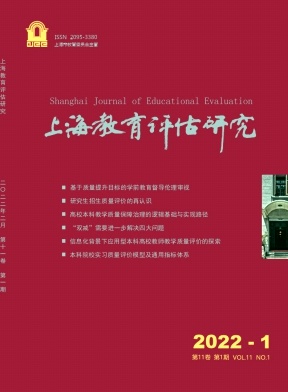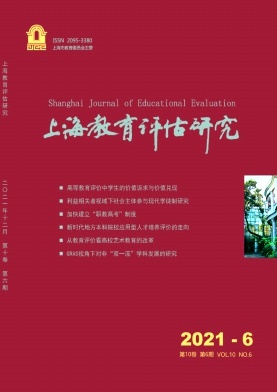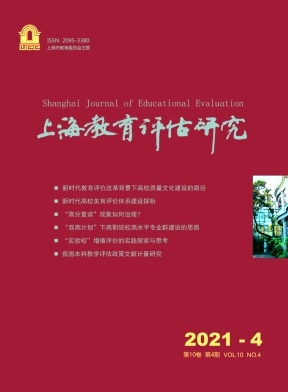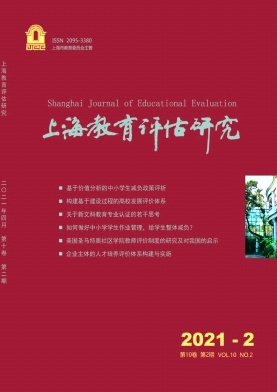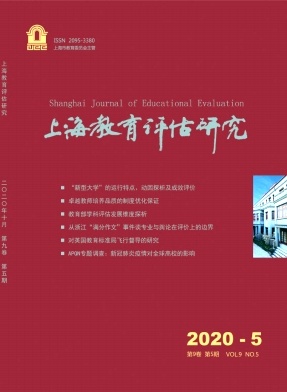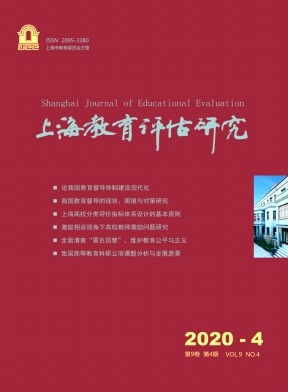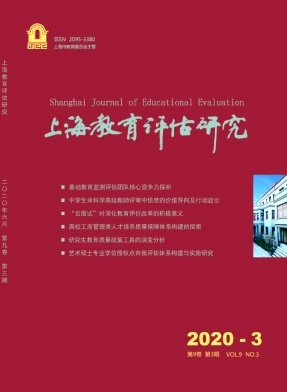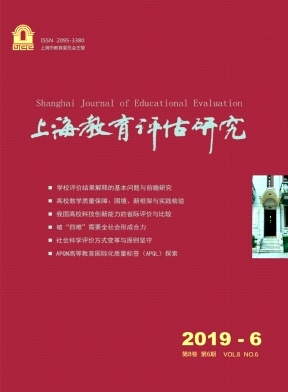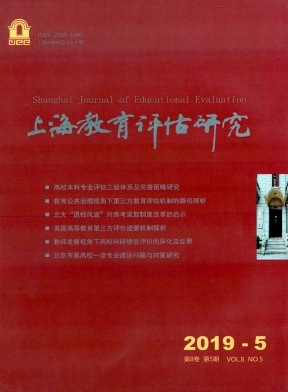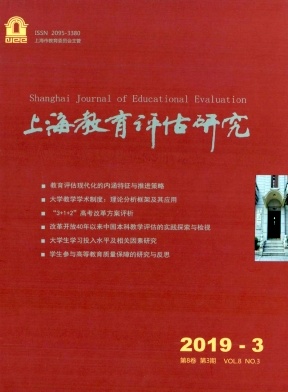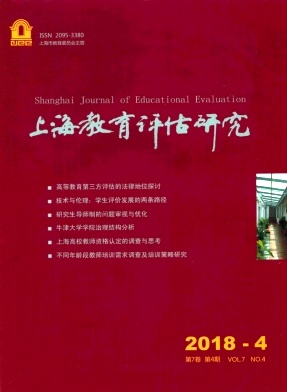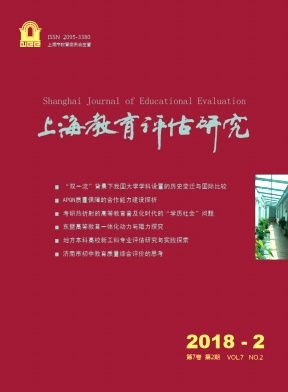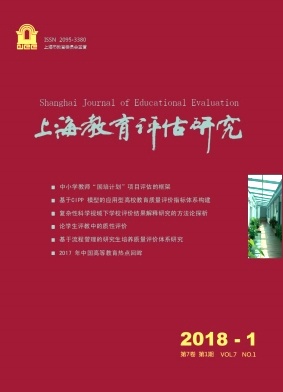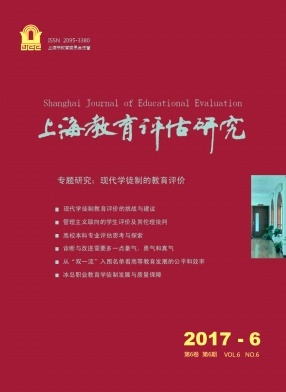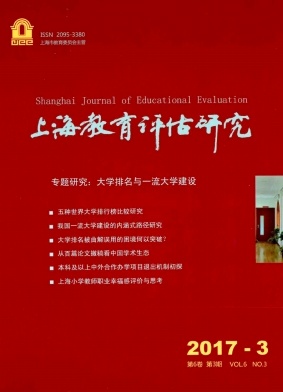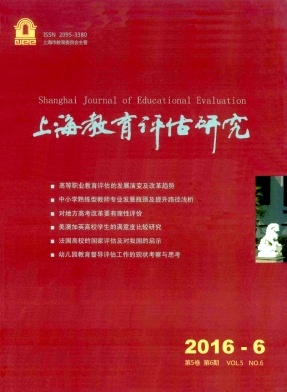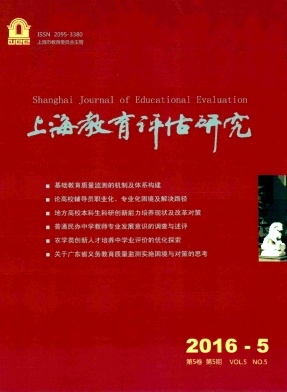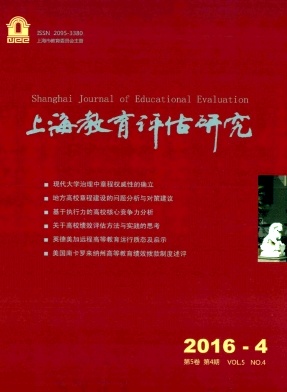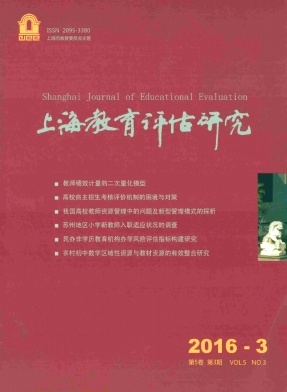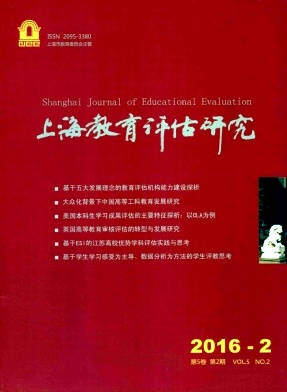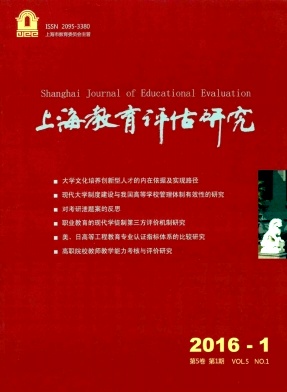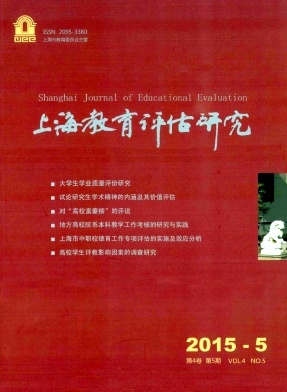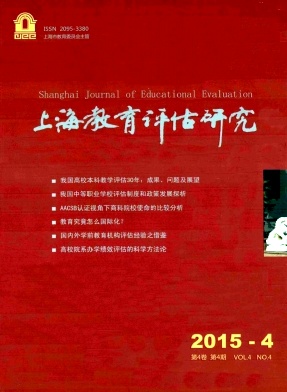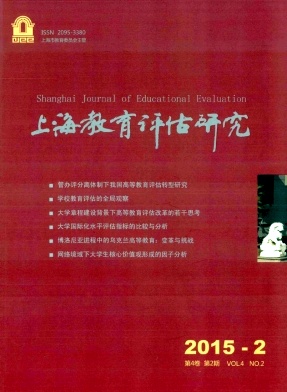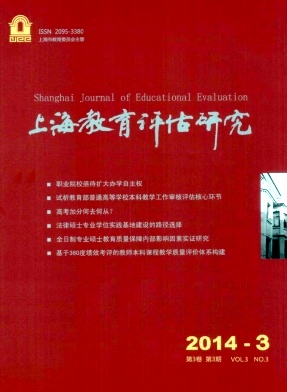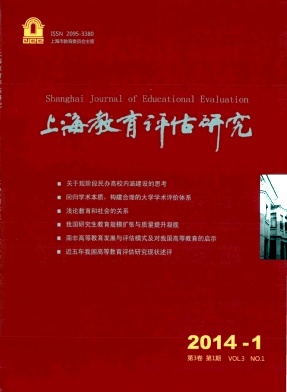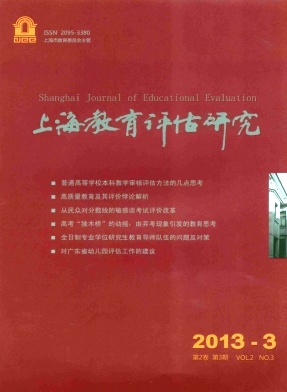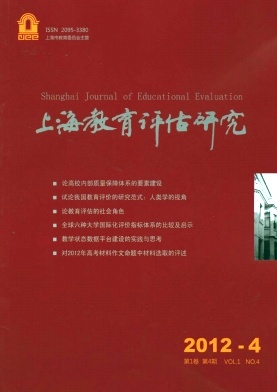Construction and Implementation of the Dual-cycle Interactive Mechanism between School Selfevaluation and External Supervision Evaluation Based on PDCA
MA Xiaoyi;The integration of school self-evaluation and external supervision evaluation has become a consensus in policy guidance, theoretical discussions, and international practices. However,in practice, school self-evaluation is often treated merely as a supplementary tool for external supervision evaluation, lacking an effective integration mechanism and implementation paths, which leads to an imbalance between school autonomy and external control. Under the dual systems of quality assurance and educational governance, it is crucial to construct a dual-cycle interactive mechanism. The key lies in ensuring interaction and integration between schools and educational supervision departments across four stages, namely goal-setting, process implementation, result feedback, and improvement of execution. This creates a virtuous cycle that promotes continuous improvement in school quality, achieving a deep integration and dynamic balance between external quality assurance and internal autonomy.
Research on the Evaluation System of Teaching Engagement in Universities Based on Multimodal Data Fusion
YUAN Liang;Based on existing research on teaching evaluation, this paper proposes evaluation principles for teaching engagement by incorporating the characteristics of universities, forming an evaluation system that encompasses emotional, cognitive, and technical engagement. Integrating online and offline teaching contexts, the study attempts to leverage multimodal machine learning and other artificial intelligence technologies to achieve objective evaluation of teaching engagement. Moving beyond the limitations of traditional subjective scales, the objective evaluation results are applied to teacher profiling, enabling real-time, dynamic, and continuous evaluation of teaching engagement.Ultimately, the evaluation results guide teachers in enhancing their teaching practices so as to improve teaching quality.
Classified Evaluation of University Teachers Based on Multiple Roles
ZHAO Jinyi;Classified evaluation of university teachers is a necessary measure to refining moral education systems and correcting unscientific educational evaluation trends. The demand for classified evaluation of university teachers arises from reality and historical experience, and is guided by both theory and policy. The group of university teachers consists of individuals with multiple roles, shaped by multiple stakeholders including society, universities, students, and teachers themselves. However,this is at odds with the current evaluation of university teachers, which suffers from issues such as the homogenization of evaluation indicators and the singularity of evaluation subjects. Based on the multiple roles of teachers, the classified evaluation of university teachers can be reformed according to the classification of university missions and characteristics, classification of teacher responsibilities,and the introduction of multiple evaluation entities.
Peer Review of University Teacher's Teaching:Connotation, Significance, Predicaments and Paths
YE Xiaoli;QIN Yuxin;At present, there are real predicaments in the peer review of university teacher's teaching, such as the lack of cutting-edge conceptual guidance and core institutional support, absence of professional review management bodies and organizational teams, limited development of evaluation contents and standards as well as blocked implementation of procedures, poor use of evaluation results and lack of supervisory and remedial mechanisms. Based on these, in order to further improve the peer review system, firstly, we should return to the concept of scholarship of teaching, and build an institutional system for teacher's development. Secondly, we should establish a professional teaching review team and play the core function of the teaching development organization. Thirdly, we should develop operational review contents and standards, and alleviate the real-life obstacles in the implementation process. Lastly, we should reshape the evidence-based feedback mechanism and improve the supervisory and remedial channels of peer review.
Advantages and Disadvantages of Reinstating the Grade Retention System in Compulsory Education
XIONG Bingqi;The Ministry of Education in China recently revised the Administrative Measures for the Registration of Primary and Secondary School Students, moderately loosening restrictions on registration changes for special education students. Under exceptional circumstances, these students may be allowed to move down a grade. This revision has been interpreted as a revival of the grade retention system in compulsory education. However, this paper argues that the system has not been reinstated and that extending grade retention to all students could lead to a result-driven mindset to education. Instead, educational reforms should be guided by the principle of individualized instruction,with a focus on improving educational management and evaluation. The moderate relaxation of student registration management for special education students represents a welcome step towards differentiated management and evaluation, which merits further in-depth advancement.
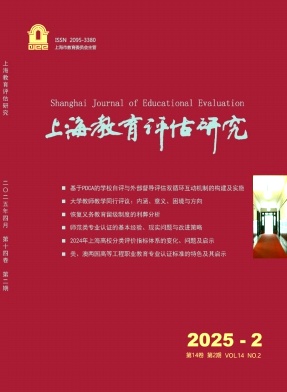
Tracking the information about your manuscript
Communicate with the editorial office
Query manuscript payment status Edit officeCollecting, editing, reviewing and other affairs offices
Managing manuscripts
Managing author information and external review Expert Information Expert officeOnline Review
Online Communication with the Editorial Department
Latest News
Download Area
Links
Page Views
Page visits today:12
.jpg)
.jpg)
.jpg)
.jpg)
.jpg)

